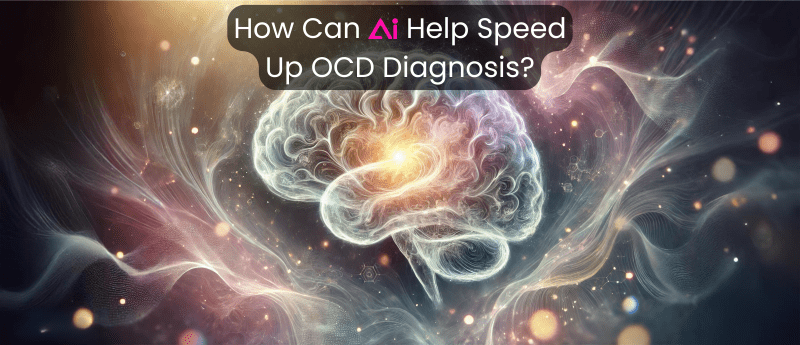How Can AI Help Speed Up OCD Diagnosis?

A new study by Stanford University (CA, US) suggests that Generative AI could assist doctors in providing an obsessive-compulsive disorder (OCD) diagnosis more quickly.
The study, led by researchers at Stanford’s Center for Digital Health and the Department of Psychiatry and Behavioural Sciences, examined the speed and accuracy of AI tools in providing OCD medical diagnoses. Published in Nature’s npj Digital Medicine journal last month, the report found that AI-powered tools matched and on some occasions surpassed human OCD detection performance.
Study Methodology and Results
The study compared the performance of ChatGPT-4, Gemini Pro and Llama 3, three AI-driven Large Language Models (LLMs), against that of mental health professionals.
To do so, researchers provided chatbots with explanations of fictional patient cases containing real OCD symptoms, also known as vignettes.
LLMs were then requested to detect OCD cases out of those vignettes and rank the outcomes by diagnosis probability.
The results showed that the performance of the three chatbots was remarkably high and at least matched the professionals in diagnosing OCD.
One of the tools, ChatGPT-4, achieved a 100% accuracy rate, correctly identifying OCD in every vignette and even surpassing human professional performance (81.5%).
The Challenge of Spotting OCD.
OCD is a severe mental health condition involving intrusive thoughts that often lead those who suffer from it to engage in compulsive behaviours.
According to OCD UK, obsessive-compulsive disorder currently disrupts the daily lives of over one million people in the country. However, diagnosing OCD is frequently a lengthy process, with an average delay of 17 years from symptom detection to diagnosis. This can exacerbate symptoms and delay recovery, underscoring the urgent need for faster diagnostic methods.
AI as a Potential Solution
The study by Stanford University hints at the potential of LLMs to accelerate OCD diagnosis whilst ensuring result accuracy.
In the long term, AI-driven OCD detection could enable earlier treatment interventions, improving long-term outcomes and quality of life for patients.
Near-future Challenges and Evolution
Despite the promising results, the study researchers urge caution in the usage of AI to assist human OCD diagnosis. Dr. Jiyeong Kim, one of the study’s corresponding authors, states that further research based on real patient data is necessary to assess the reliability of AI tools in detecting real OCD cases.
“As a first step, we used vignettes, simplified versions of real-life cases. However, to truly understand how effective these AI tools could be, more research is needed using actual patient data from electronic health records”.
However, as AI continues to advance, Kim’s research team will further investigate its implementation in medicine at the national panel discussion ‘Harnessing Generative AI for Advancing Mental Health Diagnosis and Care: Industry and Academic Perspectives’ next December.